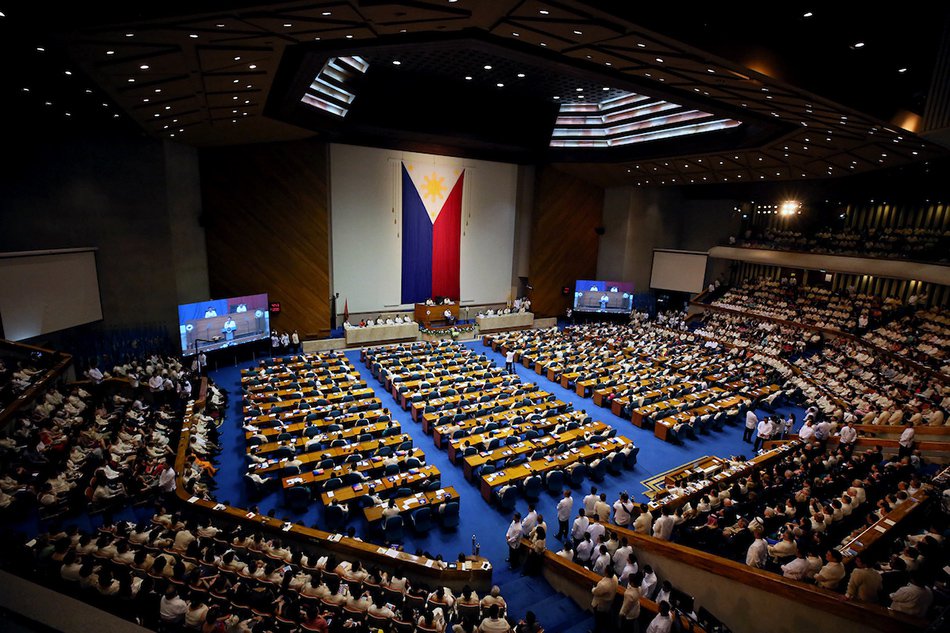MANILA – The House of Representatives on Wednesday approved on third reading a bill seeking to institutionalize corporate social responsibility (CSR) in the operation of corporations in the country.
A total of 209 lawmakers voted in favor of House Bill 6137, or the proposed Corporate Social Responsibility Act, while no one voted against it nor abstained.
The bill seeks to encourage all domestic and foreign business organizations, established and operating under Philippine laws, to observe corporate social responsibility in the operations of their businesses in the country.
Under the measure, CSR is defined as the commitment of businesses to contribute on a voluntary basis to sustainable development by working with relevant stakeholders to improve their lives in ways that are good for business, sustainable development agenda, and society at large.
CSR-related activities shall include charitable programs and projects, scientific research, youth and sports development, cultural or educational promotion, services to veterans and senior citizens, social welfare, environmental sustainability, health development, disaster relief and assistance, socialized and low-cost housing, and employee and worker welfare.
To encourage companies to engage in CSR, the bill allows stock corporations to retain profits in excess of 100 percent of paid-in capital stock to be used for expansion or corporate social responsibility projects and programs.
Furthermore, the Department of Trade and Industry shall recognize and reward all business organizations for outstanding, innovative, and world-class CSR-related services, projects, and programs.
Local government units shall also be mandated to extend whatever assistance is necessary for business establishments to accomplish CSR programs and projects.
“Plowing back corporate resources to communities, especially those underserved by the government, would help cure the deficit in state spending in areas that cry out for development,” Deputy Speaker Michael Romero said.
Romero, main author of the CSR bill, said such schemes can be seen as direct intervention by the private sector in which they get to spend money which would have been paid as taxes “but in an efficient manner without the overhead associated with the bureaucracy.”






















